Théo Matricon
EcoSearch: A Constant-Delay Best-First Search Algorithm for Program Synthesis
Dec 23, 2024Abstract:Many approaches to program synthesis perform a combinatorial search within a large space of programs to find one that satisfies a given specification. To tame the search space blowup, previous works introduced probabilistic and neural approaches to guide this combinatorial search by inducing heuristic cost functions. Best-first search algorithms ensure to search in the exact order induced by the cost function, significantly reducing the portion of the program space to be explored. We present a new best-first search algorithm called EcoSearch, which is the first constant-delay algorithm for pre-generation cost function: the amount of compute required between outputting two programs is constant, and in particular does not increase over time. This key property yields important speedups: we observe that EcoSearch outperforms its predecessors on two classic domains.
Theoretical foundations for programmatic reinforcement learning
Feb 18, 2024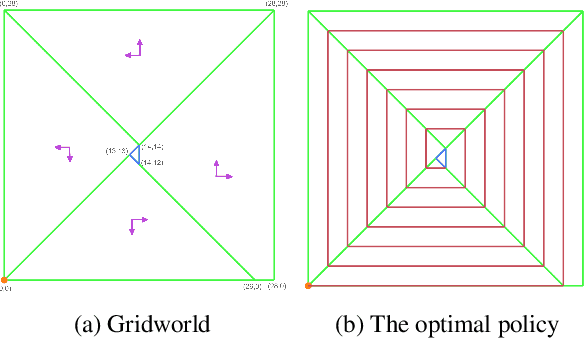
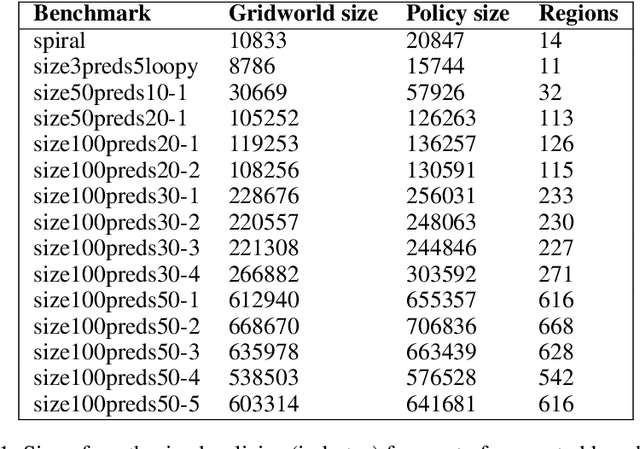
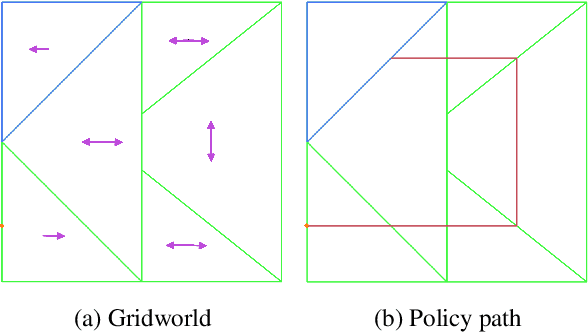
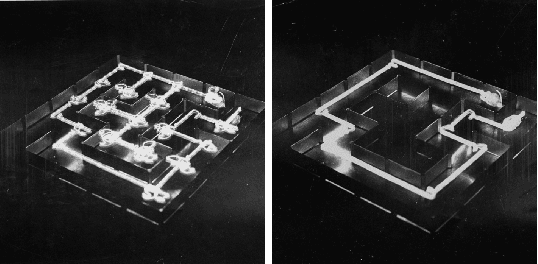
Abstract:The field of Reinforcement Learning (RL) is concerned with algorithms for learning optimal policies in unknown stochastic environments. Programmatic RL studies representations of policies as programs, meaning involving higher order constructs such as control loops. Despite attracting a lot of attention at the intersection of the machine learning and formal methods communities, very little is known on the theoretical front about programmatic RL: what are good classes of programmatic policies? How large are optimal programmatic policies? How can we learn them? The goal of this paper is to give first answers to these questions, initiating a theoretical study of programmatic RL.
WikiCoder: Learning to Write Knowledge-Powered Code
Mar 15, 2023Abstract:We tackle the problem of automatic generation of computer programs from a few pairs of input-output examples. The starting point of this work is the observation that in many applications a solution program must use external knowledge not present in the examples: we call such programs knowledge-powered since they can refer to information collected from a knowledge graph such as Wikipedia. This paper makes a first step towards knowledge-powered program synthesis. We present WikiCoder, a system building upon state of the art machine-learned program synthesizers and integrating knowledge graphs. We evaluate it to show its wide applicability over different domains and discuss its limitations. WikiCoder solves tasks that no program synthesizers were able to solve before thanks to the use of knowledge graphs, while integrating with recent developments in the field to operate at scale.
Scaling Neural Program Synthesis with Distribution-based Search
Oct 24, 2021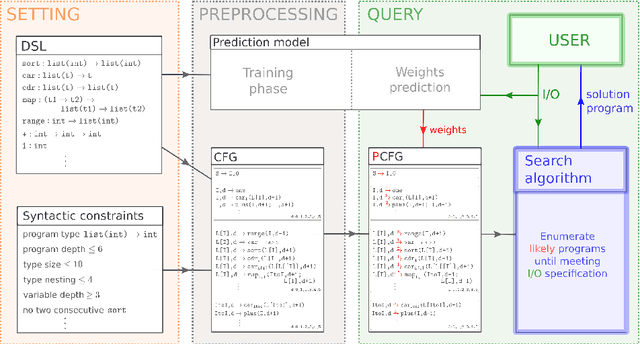
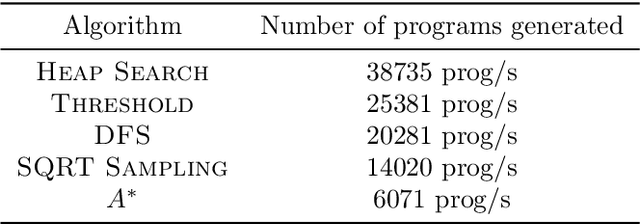
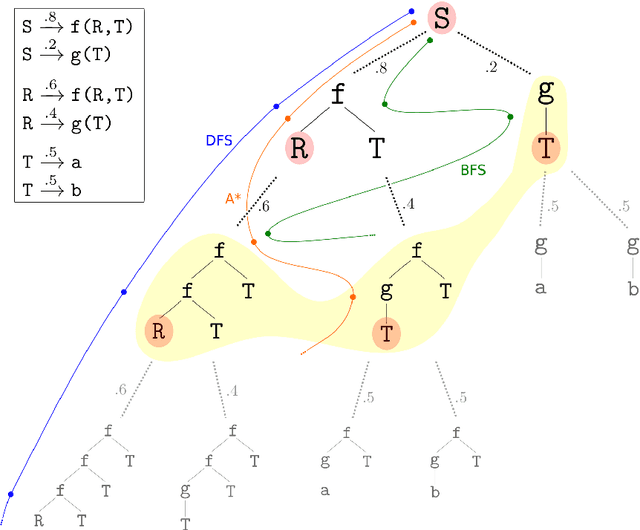
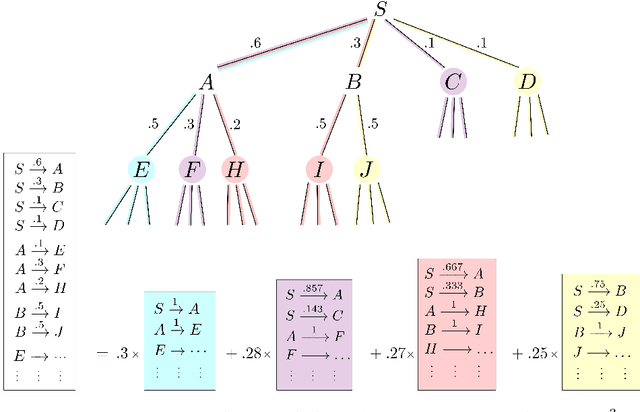
Abstract:We consider the problem of automatically constructing computer programs from input-output examples. We investigate how to augment probabilistic and neural program synthesis methods with new search algorithms, proposing a framework called distribution-based search. Within this framework, we introduce two new search algorithms: Heap Search, an enumerative method, and SQRT Sampling, a probabilistic method. We prove certain optimality guarantees for both methods, show how they integrate with probabilistic and neural techniques, and demonstrate how they can operate at scale across parallel compute environments. Collectively these findings offer theoretical and applied studies of search algorithms for program synthesis that integrate with recent developments in machine-learned program synthesizers.
 Add to Chrome
Add to Chrome Add to Firefox
Add to Firefox Add to Edge
Add to Edge